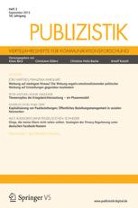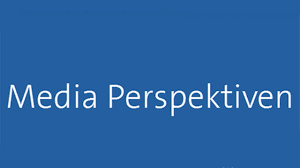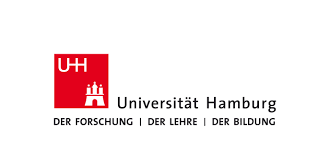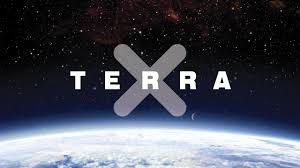Abstract
Global news on anthropogenic climate change is shaped by international politics, scientific reports and voices from transnational protest movements. This timely volume asks how local communities engage with these transnational discourses. The chapters in this volume present a range of compelling case studies drawn from a broad cross-section of local communities around the world, reflecting diverse cultural and geographical contexts. From Greenland to northern Tanzania, it illuminates how different understandings evolve in diverse cultural and geographical contexts while also revealing some common patterns of how people make sense of climate change. Global Warming in Local Discourses constitutes a significant, new contribution to understanding the multi-perspectivity of our debates on climate change, further highlighting the need for interdisciplinary study within this area. It will be a valuable resource to those studying climate and science communication; those interested in understanding the various roles played by journalism, NGOs, politics and science in shaping public understandings of climate change, as well as those exploring the intersections of the global and the local in debates on the sustainable transformation of societies.

Brüggemann, M., & Rödder, S.: Global Warming in Local Discourses. How Communities around the World Make Sense of Climate Change (2020). Global Communications, Vol. 1, 284 pp. OPEN ACCESS available at: https://www.openbookpublishers.com/product/1177









